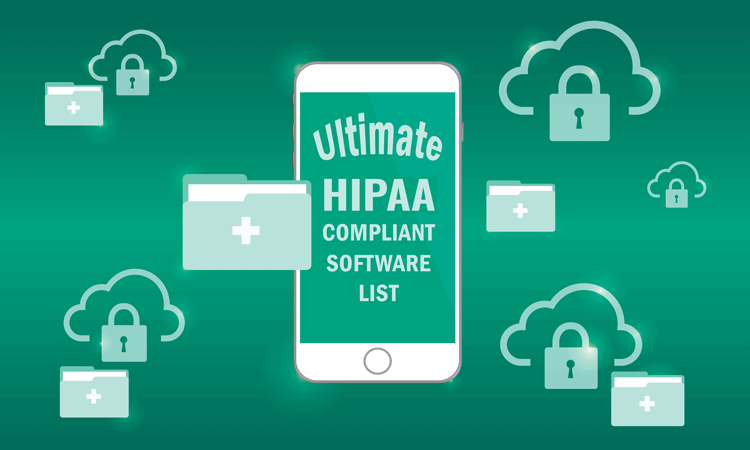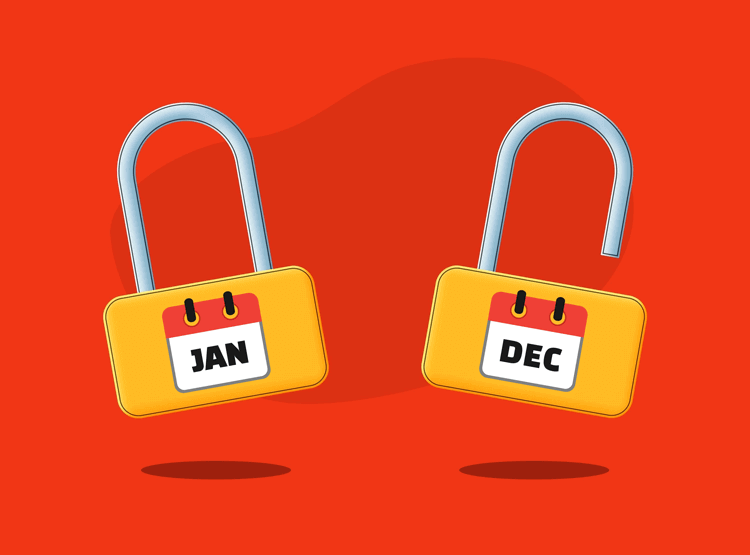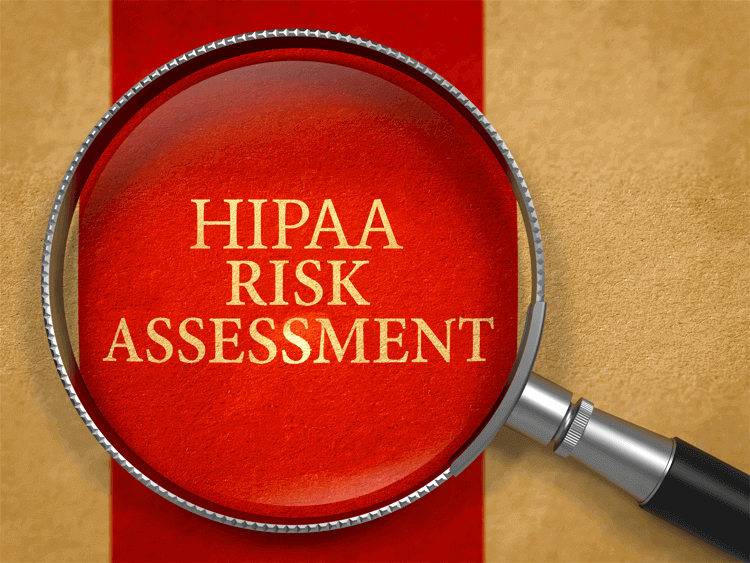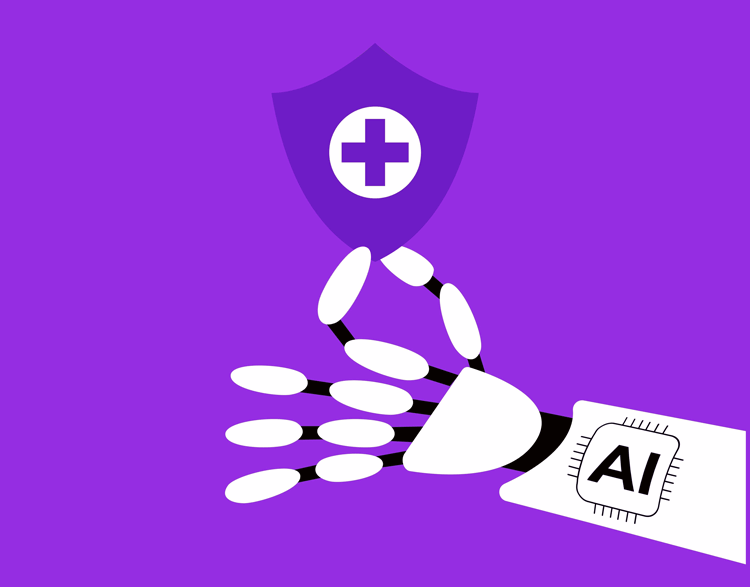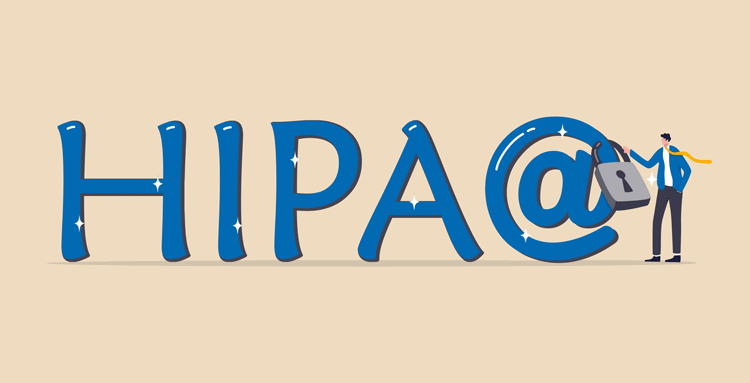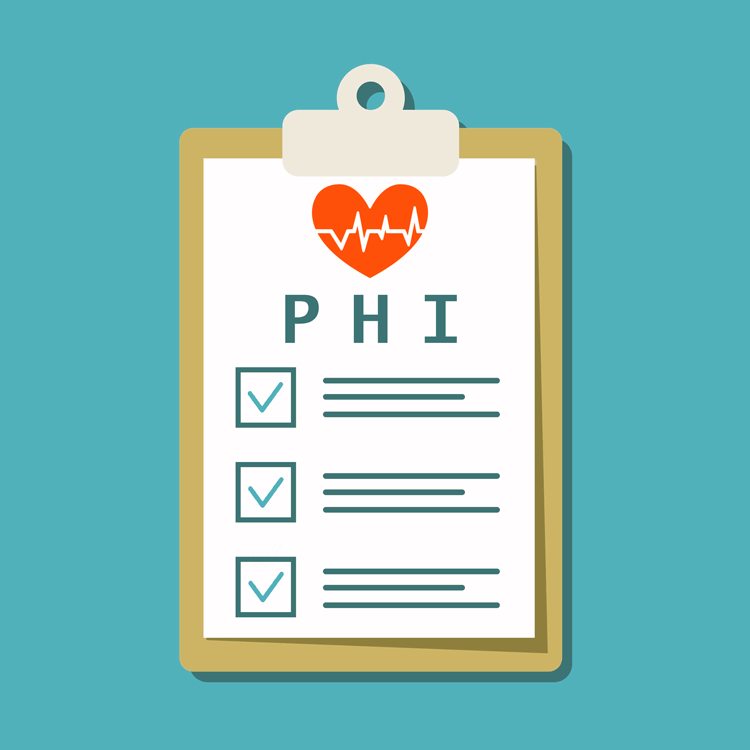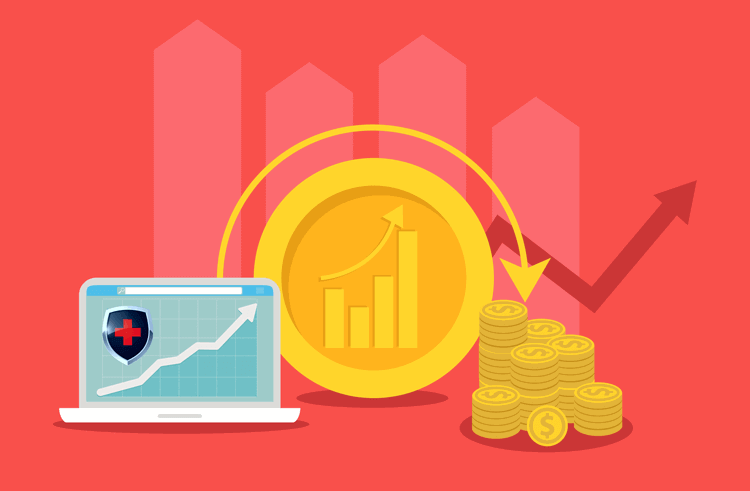The Ultimate List of HIPAA-Compliant Software Platforms for Hospitals, Clinics & Healthcare Entities
With the development of many software applications and web-based platforms, it is now easy to access healthcare facilities and information electronically. Gone are the days where patients had to wait for a long time to even get an appointment. Now it is a matter of minutes to get an appointment, purchase insurance, get access to health reports and other data online.
